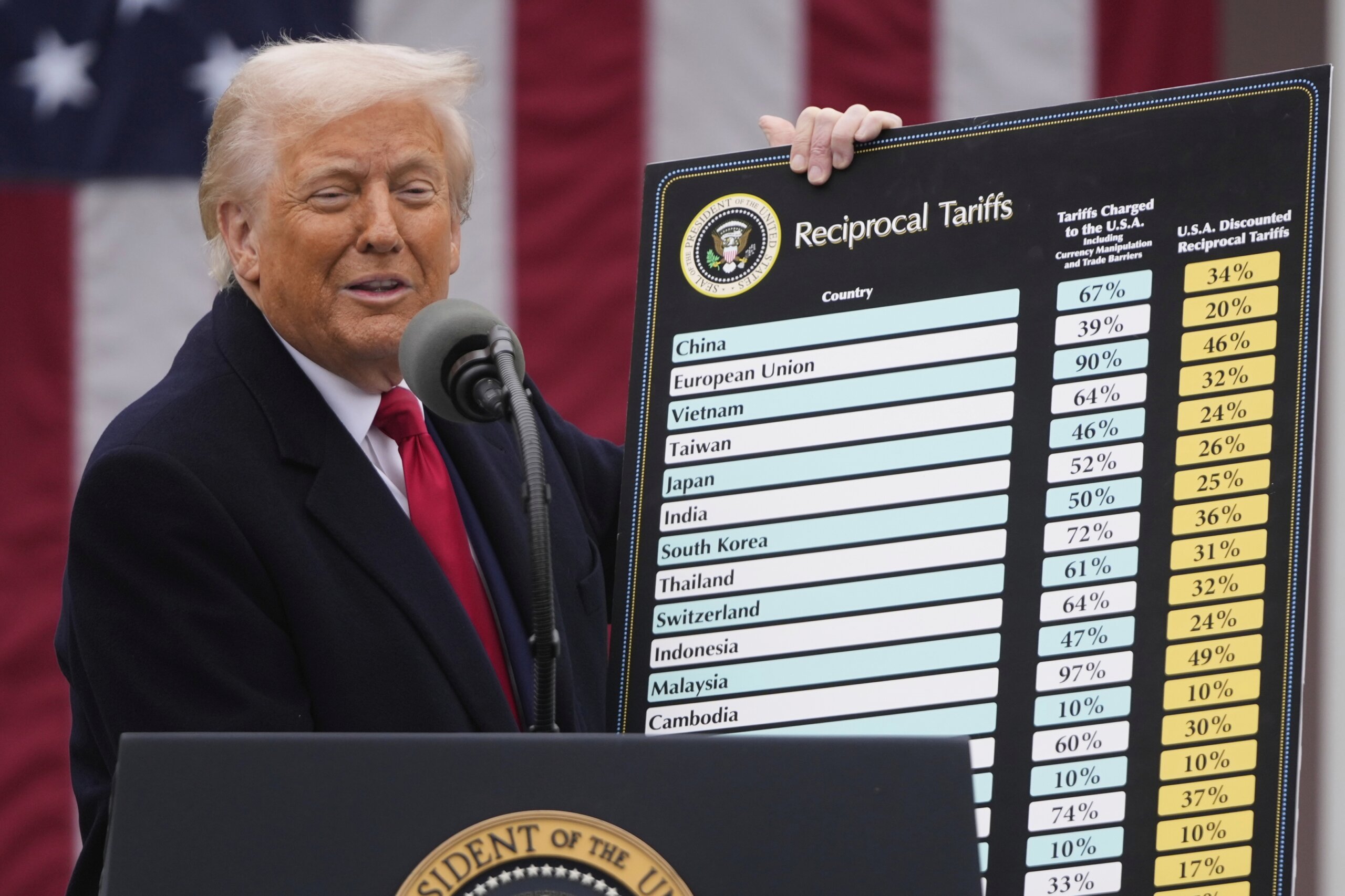 |
| Gold V.1.3.1 signal Telegram Channel (English) |

How the 2025 Court Ruling on Trump-Era Tariffs Could Unlock Billions for U.S. Businesses
2025-09-05 @ 00:00
A Landmark Tariff Decision: What a Court Ruling Could Mean for U.S. Businesses in 2025
Recent court developments around the Trump administration’s global tariffs have rattled U.S. businesses, raising the possibility of a multi-billion-dollar refund that could fundamentally reshape corporate financial planning. If legal challenges against these tariffs prevail, American companies may be entitled to claim back billions that they’ve paid since these duties were enacted.
What Led to This Moment?
Following years of trade-war policies under President Trump, sweeping tariffs were levied on imported goods from China and other countries. These tariffs—sometimes as high as 25%—were meant to protect domestic industries. However, a federal appeals court recently questioned whether the basis for these tariffs was lawful. As the issue potentially heads to the Supreme Court, companies across the country are closely monitoring its outcome.
The Financial Stakes for Corporate America
If the court’s ruling holds, U.S. corporations could collectively recoup anywhere from $150 billion to $200 billion. These tariffs were largely paid by manufacturers, importers, and retailers who brought foreign goods into the United States. However, the process for getting that money back is far from simple. Only those companies willing to document and request refunds may benefit, and the administrative burden could be significant.
For many companies, the possibility of a refund adds urgency to careful recordkeeping of all tariff payments. Businesses are being advised to review their historical entries and ensure that every dollar paid in tariffs can be accounted for. This not only helps position them for potential refunds but also protects them in an environment where the government continues to enforce tariff payments vigorously.
Legal and Strategic Considerations
Seeking a refund isn’t as straightforward as simply filing paperwork. Some businesses—especially larger ones—may prefer not to draw attention to themselves by going it alone. The risks include possible backlash, unwanted scrutiny from regulators, or tangling with political issues. To mitigate these risks, companies may join class-action lawsuits or work through trade associations, pooling resources and reducing individual exposure.
CBP (Customs and Border Protection) is expected to publish formal procedures for processing claims, but the bureaucracy is likely to be complex, involving several levels of review and potentially further litigation. Businesses that were named parties in the core lawsuit are positioned to get their money back more easily, but others may need to navigate a more manual, time-consuming process.
Uncertainty for Consumers
It’s important to note that any refunds will only go to businesses, not individual consumers. When tariffs were implemented, companies often passed the increased costs down through higher prices, meaning that everyday Americans indirectly paid much of the tariff’s burden.
While there was speculation about major retailers like Amazon displaying tariff-related prices to inform consumers, those changes never materialized. As a result, consumers will not receive direct compensation if the tariffs are overturned. The refunds would go exclusively to importers and manufacturers—the parties that paid the duties to the government.
Will the Tariff Landscape Change Again?
While corporate America waits for a potential windfall, there’s still a chance the Trump administration could reimpose tariffs under a different legal framework, even if the current statutes are struck down. Experts suggest the administration might simply reboot its tariff program by invoking other laws, albeit with better legal justification. For businesses, this means that trade uncertainty may persist, and financial planning must accommodate both possible refunds and future tariff costs.
How Should Businesses Prepare?
Companies who want to maximize their chances of a tariff refund should immediately:
- Audit all historical tariff payments and maintain robust documentation.
- Stay updated on CBP procedures for refunds and be ready to comply with new filing requirements.
- Consider joining trade associations or class-action efforts to streamline the process and reduce individual risk.
- Consult legal and tax advisors to assess their eligibility and position themselves strategically for claims.
Final Thoughts
The unfolding battle over tariff refunds represents a rare opportunity for U.S. companies to recover massive sums from prior trade policy. But the process is complex, and the outcome remains uncertain until the Supreme Court issues a final decision. As businesses prepare for every scenario, one thing is clear: vigilance, recordkeeping, and strategic planning have never been more important in navigating the ever-changing world of international trade policy.



